So little done, so much to do
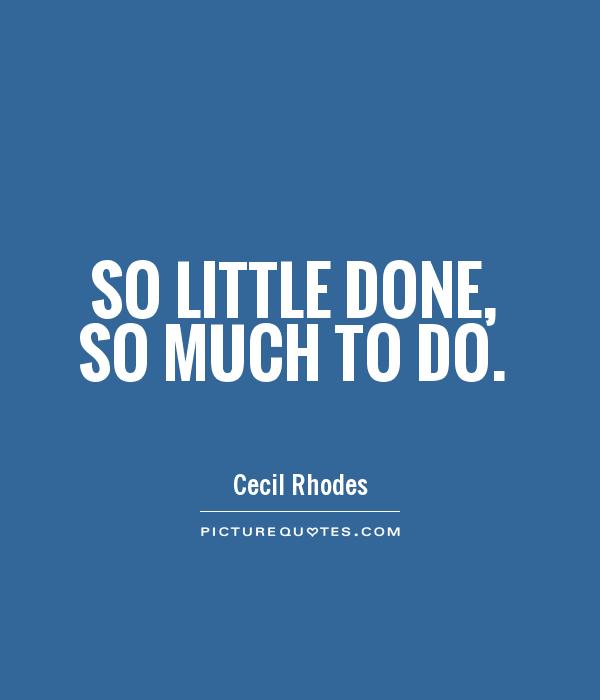
So little done, so much to do
Cecil Rhodes, a British businessman, mining magnate, and politician, is often remembered for his controversial views and actions during the colonial era. One of his most famous quotes, "So little done, so much to do," reflects his ambitious and imperialistic mindset. Rhodes believed in the superiority of the British Empire and saw it as his mission to expand its influence across Africa.Rhodes was a key figure in the colonization of Southern Africa, particularly in the region that would later become known as Rhodesia (now Zimbabwe and Zambia). He founded the De Beers diamond company and played a significant role in the development of the diamond industry in South Africa. Rhodes also served as Prime Minister of the Cape Colony and was a strong advocate for British imperialism in Africa.
The quote "So little done, so much to do" can be interpreted in several ways. On one hand, it reflects Rhodes' belief in the endless possibilities for expansion and development in Africa. He saw the continent as a vast untapped resource that could be exploited for the benefit of the British Empire. Rhodes was driven by a sense of manifest destiny, believing that it was his duty to bring civilization and progress to the "dark continent."
However, the quote can also be seen as a reflection of Rhodes' insatiable ambition and desire for power. Despite all that he had accomplished in his lifetime, Rhodes felt that there was still so much more to achieve. He was constantly seeking new opportunities for conquest and domination, always looking for the next frontier to conquer.
Rhodes' legacy is a complex and controversial one. While he is remembered as a visionary and a pioneer in the development of Southern Africa, he is also criticized for his ruthless tactics and his role in the exploitation of African resources. The quote "So little done, so much to do" encapsulates both the grandeur and the hubris of Rhodes' imperialist ambitions. It serves as a reminder of the lasting impact of colonialism on the African continent and the ongoing struggle for justice and equality in the post-colonial era.
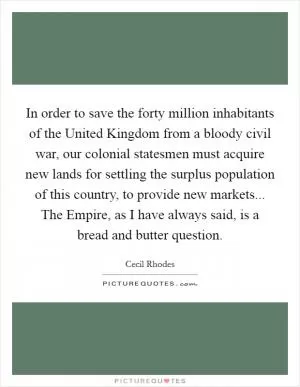
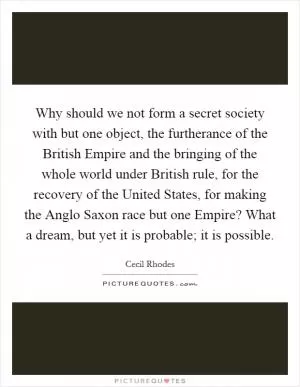
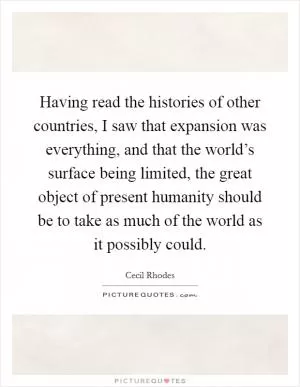

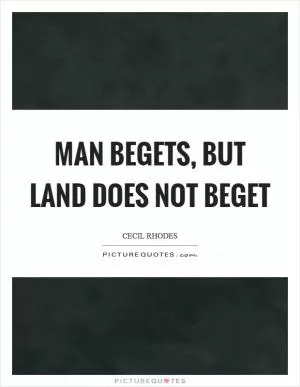


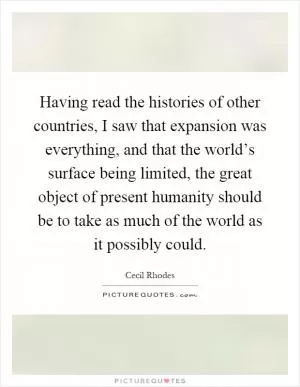




 Friendship Quotes
Friendship Quotes Love Quotes
Love Quotes Life Quotes
Life Quotes Funny Quotes
Funny Quotes Motivational Quotes
Motivational Quotes Inspirational Quotes
Inspirational Quotes